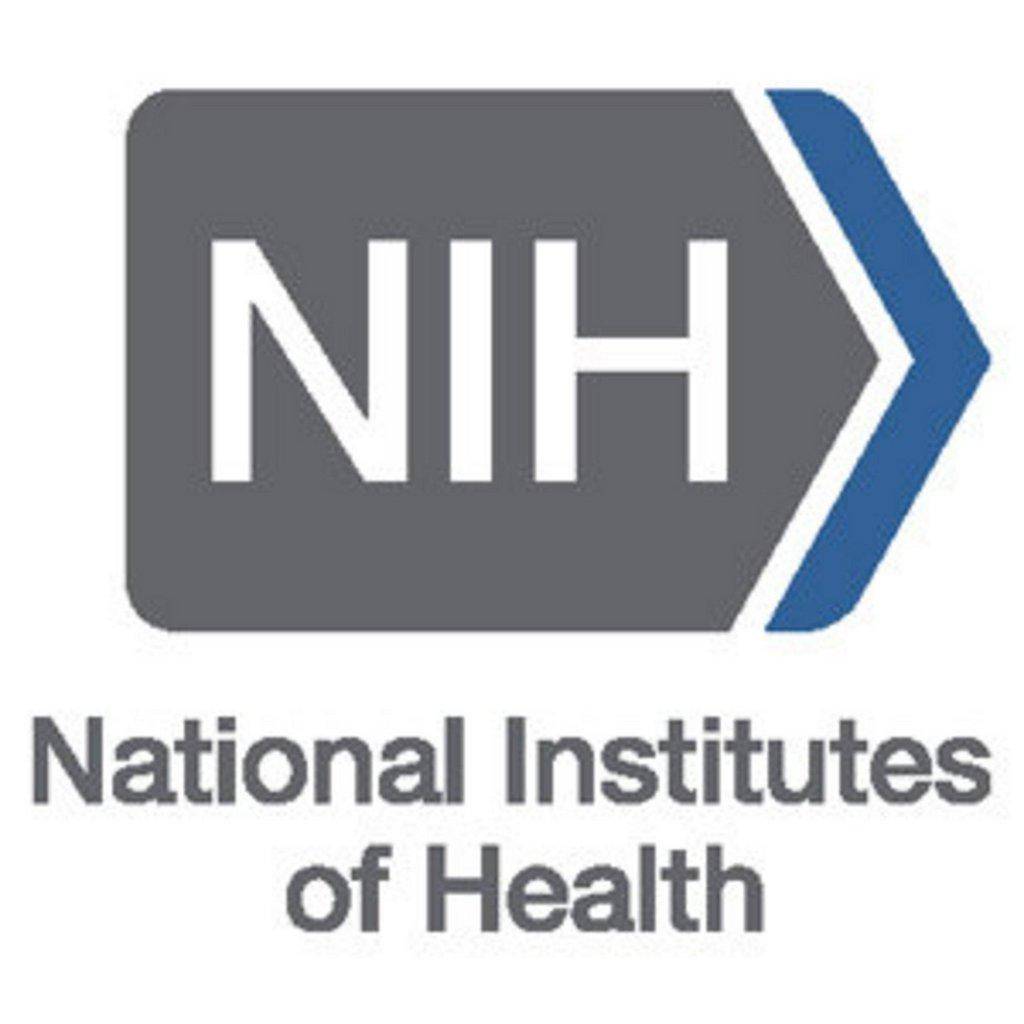Courtesy of the National Institutes of Health
A teacher-delivered intervention program promoting healthy lifestyles improved health behaviors, social skills, severe depression, and academic performance in high school adolescents, a study has found. Routine integration of such programs into health education curricula in high school settings may be an effective way to prevent high-risk teen populations from becoming overweight or obese, and could lead to improved physical health, psychosocial skills, and academic outcomes, according to the study.
The study, supported by the National Institute of Nursing Research (NINR), part of the National Institutes of Health, appears in the online September issue of the American Journal of Preventive Medicine. It is one of the first studies to report multiple immediate improvements that were sustained over time using a teacher-delivered, cognitive-behavioral skills-building intervention program incorporated into a high school health education class. Cognitive-behavioral skills training teaches coping techniques, social functioning skills, and problem solving skills.
The randomized controlled trial examined the short- and long-term effects of the COPE (Creating Opportunities for Personal Empowerment) Healthy Lifestyles (TEEN) Thinking, Emotions, Exercise, Nutrition Program. The COPE TEEN program is an intervention targeting obesity, social skills, and mental health. The study was led by Bernadette Melnyk, Ph.D., R.N., The Ohio State University’s chief wellness officer and dean of the College of Nursing.
“Nutrition and physical activity-based interventions are often tested when it comes to preventing obesity, but mental and psychosocial health can also be contributing factors,” said NINR Director Dr. Patricia Grady. “This NINR-supported study highlights the importance of an evidence-based lifestyle intervention that addresses the complex interplay of these factors.”
The researchers measured healthy lifestyle behaviors, body mass index (BMI), depressive symptoms, social skills, and the academic performance of 779 culturally diverse 14- to 16-year-old high school students, randomized to receive the COPE TEEN program or an attention control program. At the end of the program, COPE TEEN participants had significantly higher levels of physical activity, as measured by daily pedometer steps (an average of 13,861 steps per day compared to an average of 9,619 steps per day), and had a significantly lower mean BMI than the control group.
COPE TEEN adolescents scored higher averages on a social skills scale measuring cooperation, assertion, and academic competence, and earned higher grades in the health course in which the intervention was given. They also reported significantly lower levels of alcohol use than teens not receiving the intervention (13 percent vs. 20 percent, respectively). Students with high depression scores prior to the intervention showed significantly lower depression scores that dropped from severe depressive symptoms into the normal range following COPE compared to similar students in the control group.
The COPE TEEN intervention program consisted of a 15-session education and cognitive-behavioral skills-building program taught by teachers once-a-week in a required health class. Each session consisted of 15 to 20 minutes of physical activity (e.g., walking, dancing, and kick boxing movements). The pedometers reinforced the physical activity component of the COPE program; students were asked to increase their step counts each week and to track their daily steps.
Six months after completing the intervention program, COPE teens retained a significantly lower BMI, and were less likely to have moved from the healthy weight category to an overweight or obese category relative to control group participants. For the COPE teens, 143 teens remained in the healthy weight category at six months, only four moved into the overweight category and none of the students progressed to the obese category. In the control group, 187 remained in the healthy weight category while 15 progressed to the overweight category; and three moved into the obese category.
Overall, the study results suggest that combining health education with cognitive-behavioral skills-building may be an effective way to prevent and treat overweight and obesity in teens.
“Further research is needed to continue to evaluate the effectiveness of the COPE program on a wider scale, including other groups of high-risk teens and an adapted version for middle-school children” said Dr. Melnyk. “But this study shows that the intervention can be a promising approach for promoting healthy lifestyles, improving psychosocial health and enhancing academic outcomes in a setting where teens spend a significant amount of time — in the classroom — and by teachers, who have been shown to be able to sustain longer-term, positive outcomes.”
Dr. Melnyk noted that the practical nature of the intervention, financially and in its ease of implementation, is a particular strength.
“In light of school budget reductions and challenges, it is critical that the intervention be feasible, cost-effective and sustainable,” said Dr. Melnyk. “By delivering the program through high school teachers, hiring additional health professionals to deliver the program is not necessary. Long after the study ends, trained teachers can continue to deliver the COPE program and improve a variety of important outcomes in their students.”
NINR supports basic and clinical research that develops the knowledge to build the scientific foundation for clinical practice, prevent disease and disability, manage and eliminate symptoms caused by illness, and enhance end-of-life and palliative care. For more information about NINR, visit the website at https://www.ninr.nih.gov.
About the National Institutes of Health (NIH): NIH, the nation’s medical research agency, includes 27 Institutes and Centers and is a component of the U.S. Department of Health and Human Services. NIH is the primary federal agency conducting and supporting basic, clinical, and translational medical research, and is investigating the causes, treatments, and cures for both common and rare diseases. For more information about NIH and its programs, visitwww.nih.gov.

